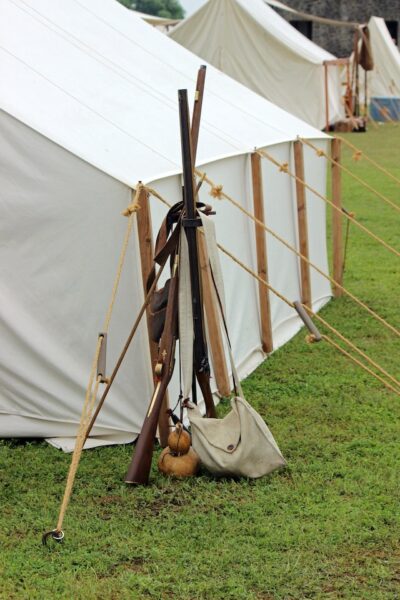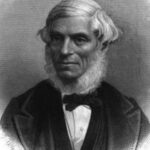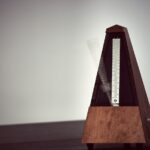1. Beethoven’s Wellington’s Victory is sometimes called Battle of Vitoria, or Battle Symphony. The piece was named after the Duke of Wellington, who defeated Napoleon’s French army near Vitoria, Spain.
2. The original version was not prepared for orchestra, but for the Panharmonicon of Johann Maelzel. This machine could imitate many musical instruments and sounds of canons, gunshots.
3. Beethoven prepared the orchestra version for 100 musicians. In fact, many from the audience found it too loud, one complaining that it was “seemingly designed to make the listener as deaf as its composer!”
4. Beethoven and Maelzel planned to take both the Panharmonicon and the music to London. The composer even had sent a dedicated score to the King of England. The journey, in the end, never happened.
5. The premier of Wellington’s Victory was on the 8th December, 1813. The organizers had chosen the University Hall in Vienna as the location. This was a benefit concert for the wounded of the Napoleonic Wars. By popular demand the concert was repeated four days later. The orchestra included a mechanical trumpeter, also the design of Johann Maelzel.
6. Although the music itself is only 15 minutes long and compared to any Beethoven music is almost worthless, this mainstream production had become one of his greatest success. The composer himself later called the music nothing more “but an occasional work”.
7. The Wellington’s Victory was a cooperation of Beethoven and his inventor friend Johann Maelzel. After the concerts the two could not agree on the copyrights and Beethoven denied him the scores. He even involved a lawyer and court. Later, the two reconciled and worked on a next project: the Metronome.
8. Beethoven included three well known melodies in his composition. For the British side the Rule Britannia, for the French Malbrough s’en va-t-en guerre (Marlborough has left for the war, today well known as For He’s a Jolly Good Fellow) and finally God save the King (the English national anthem). About this he said, “I must show the English a little what a blessing there is in God save the King!”
9. For the premier and the following concerts, the program included his Seventh Symphony, which was a new work at the time. Although the symphony was very popular, and each time its second movement was demanded to be played again, the Wellington’s Victory received bigger applause. This says, of course, more about the audience, the historical moment and mood of the time, than about the quality of the music.
For complete coverage on Wellington’s Victory, click here: Beethoven: Wellington’s Victory



